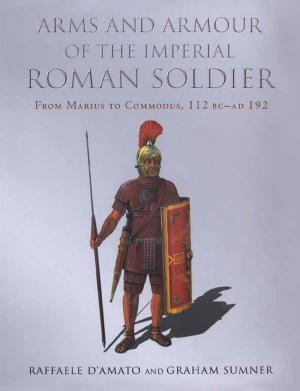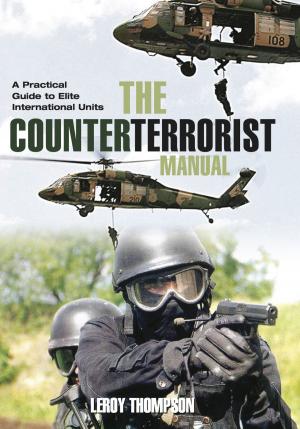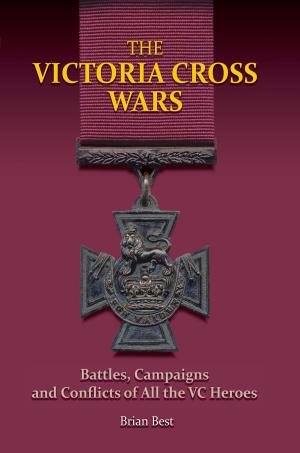| Author: | James Waterson | ISBN: | 9781783461509 |
| Publisher: | Frontline Books | Publication: | October 30, 2008 |
| Imprint: | Frontline Books | Language: | English |
| Author: | James Waterson |
| ISBN: | 9781783461509 |
| Publisher: | Frontline Books |
| Publication: | October 30, 2008 |
| Imprint: | Frontline Books |
| Language: | English |
Few people know the truth about the enigmatic organization known as the Assassins, an underground group of political killers, they were ready to kill Christians and Muslims alike with complete disregard for the consequences of their actions. Although their empire was destroyed in the 13th Century, have a controversial legacy which still resonates in the world today.
The Assassins were meticulous in their killing. They often slew their victims in public, thereby cultivating their terrifying reputation. They assumed disguises and their weapon of choice was a dagger – poison or bows would give the victim the chance to escape. Suicide was considered a deep dishonor and it was generally accepted that an Assassin had to die fighting rather than be captured. Hardly any movement before or since has cast so terrifying a shadow. In 1253, the Mongol chiefs were so fearful of the Assassins’ ‘poniards of terrible length and sharpness’ that they massacred and enslaved the Assassins’ women and children.
Assaults on the Crusaders of Syria led to warnings of agents planted in European courts ready to commit murder at the bidding of their master. The English monarch, Edward I, was very nearly poisoned and Richard the Lionheart’s reputation was sullied by his association with the Assassins’ murder of Conrad of Montferrat.
The Ismail: Assassins describes a unique way of waging war and shows how assassination and fifth-column infiltration became the key weapon for the Ismailis. Through its use of eyewitness accounts from both Islamic and Western sources, This important new book unlocks much of the history of the Crusades and the early Islamic period, allowing the reader entry into a historical epoch that is epic, thrilling, startling and pertinent.
Few people know the truth about the enigmatic organization known as the Assassins, an underground group of political killers, they were ready to kill Christians and Muslims alike with complete disregard for the consequences of their actions. Although their empire was destroyed in the 13th Century, have a controversial legacy which still resonates in the world today.
The Assassins were meticulous in their killing. They often slew their victims in public, thereby cultivating their terrifying reputation. They assumed disguises and their weapon of choice was a dagger – poison or bows would give the victim the chance to escape. Suicide was considered a deep dishonor and it was generally accepted that an Assassin had to die fighting rather than be captured. Hardly any movement before or since has cast so terrifying a shadow. In 1253, the Mongol chiefs were so fearful of the Assassins’ ‘poniards of terrible length and sharpness’ that they massacred and enslaved the Assassins’ women and children.
Assaults on the Crusaders of Syria led to warnings of agents planted in European courts ready to commit murder at the bidding of their master. The English monarch, Edward I, was very nearly poisoned and Richard the Lionheart’s reputation was sullied by his association with the Assassins’ murder of Conrad of Montferrat.
The Ismail: Assassins describes a unique way of waging war and shows how assassination and fifth-column infiltration became the key weapon for the Ismailis. Through its use of eyewitness accounts from both Islamic and Western sources, This important new book unlocks much of the history of the Crusades and the early Islamic period, allowing the reader entry into a historical epoch that is epic, thrilling, startling and pertinent.















